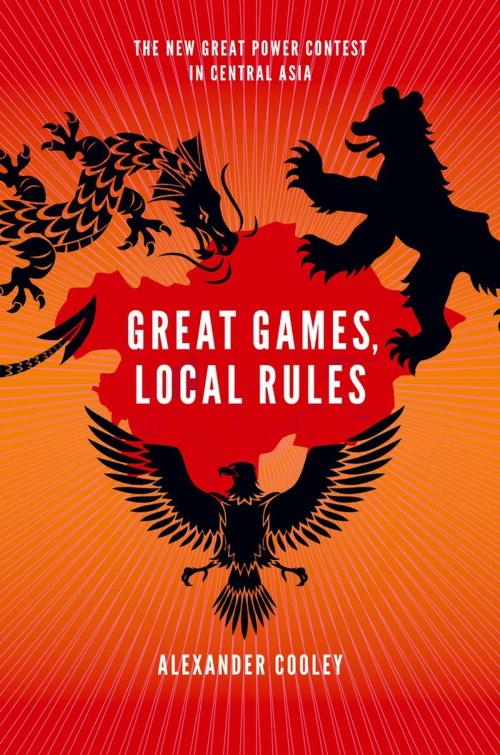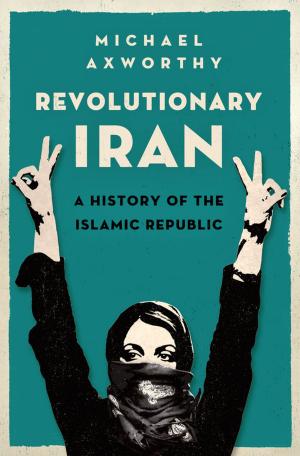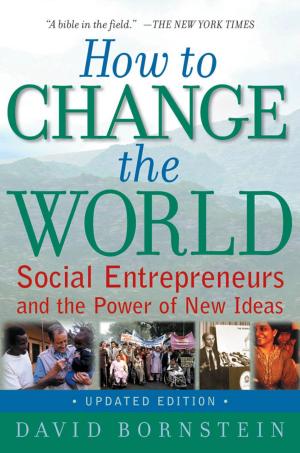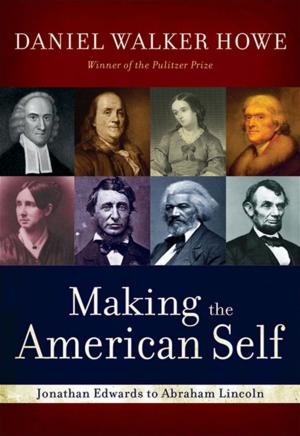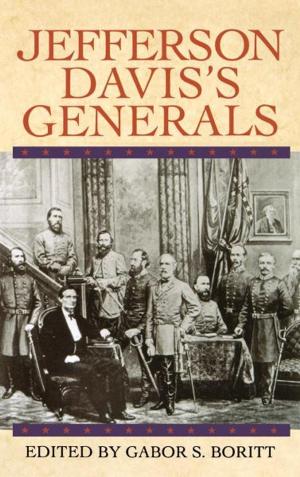Great Games, Local Rules:The New Great Power Contest in Central Asia
The New Great Power Contest in Central Asia
Nonfiction, Social & Cultural Studies, Political Science, International, International Security, Politics, Economic Conditions, International Relations| Author: | Alexander Cooley | ISBN: | 9780199978588 |
| Publisher: | Oxford University Press, USA | Publication: | June 22, 2012 |
| Imprint: | Oxford University Press | Language: | English |
| Author: | Alexander Cooley |
| ISBN: | 9780199978588 |
| Publisher: | Oxford University Press, USA |
| Publication: | June 22, 2012 |
| Imprint: | Oxford University Press |
| Language: | English |
The struggle between Russia and Great Britain over Central Asia in the nineteenth century was the original "great game." But in the past quarter century, a new "great game" has emerged, pitting America against a newly aggressive Russia and a resource-hungry China, all struggling for influence over one of the volatile areas in the world: the long border region stretching from Iran through Pakistan to Kashmir. In Great Games, Local Rules, Alexander Cooley, one of America's most respected Central Asia experts, explores the dynamics of the new competition over the region since 9/11. All three great powers are pursuing important goals: basing rights for the US, access to natural resources for the Chinese, and increased political influence for the Russians. But Central Asian governments have proven themselves powerful forces in their own right, establishing local rules that serve to fend off foreign involvement, enrich themselves and reinforce their sovereign authority. Cooley's careful and surprising explanation of how small states interact with great powers in this vital region greatly advances our understanding of how world politics actually works in this contemporary era.
The struggle between Russia and Great Britain over Central Asia in the nineteenth century was the original "great game." But in the past quarter century, a new "great game" has emerged, pitting America against a newly aggressive Russia and a resource-hungry China, all struggling for influence over one of the volatile areas in the world: the long border region stretching from Iran through Pakistan to Kashmir. In Great Games, Local Rules, Alexander Cooley, one of America's most respected Central Asia experts, explores the dynamics of the new competition over the region since 9/11. All three great powers are pursuing important goals: basing rights for the US, access to natural resources for the Chinese, and increased political influence for the Russians. But Central Asian governments have proven themselves powerful forces in their own right, establishing local rules that serve to fend off foreign involvement, enrich themselves and reinforce their sovereign authority. Cooley's careful and surprising explanation of how small states interact with great powers in this vital region greatly advances our understanding of how world politics actually works in this contemporary era.
